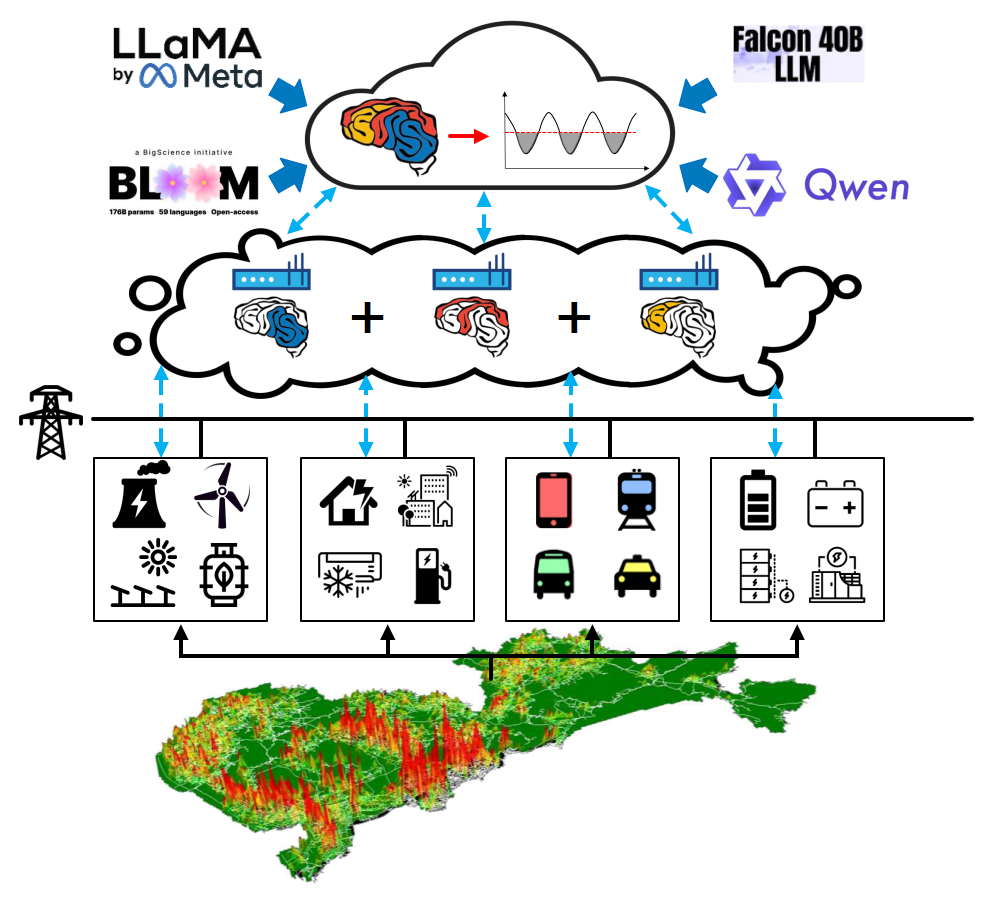Research Projects
My research interests primarily focus on the areas of Data-driven Cyber-Physical System, Privacy Computing and Computer Networking, which lead to the following research projects:

|
Data-driven Cyber-Physical SystemTrillions of low-cost sensors, mobile devices, and autonomous vehicles are projected to be interconnected within the next decade or two. This scale-out in computing has sparked research across various fields, including Intelligent Transportation, Energy Monitoring and Conservation, and Social Welfare Enhancement. However, existing methods and systems for traffic modeling, service scheduling and networking do not scale to support the trillion-sensor vision. This project seeks to address a critical challenge: how can we effectively bridge extreme-scale sensor infrastructure, advanced data analysis, and system design from an interdisciplinary perspective? Papers: [IEEE TMC'24] [IEEE TMC'22] [UbiComp'18] [IEEE/ACM ToN'18] [INFOCOM'17] [IEEE TITS’16] Codes: [SUMO-RL-MobiCharger] |

|
Privacy ComputingIn privacy computing systems, Differential Privacy perturbs transmitted model/data with noise to protect privacy, but may significantly degrade model/data quality. Homomorphic Encryption can secure privacy computing systems with strong privacy guarantee while enabling mathematical operation of encrypted model parameters, yet it incurs high computational overhead and adaptation costs due to its reliance on complex cryptographic operations. What's worse, in cross-device scenarios involving heterogeneous data and system capabilities, traditional methods are unable to adaptively ensure user security while maintaining model performance and training efficiency in privacy computing systems. This project aims to achieve an optimal balance among user security, data robustness and preservation overhead in real-world privacy computing systems. Papers: [ICLR'26] [IEEE IoT-J'23] [IEEE TMC'21] [IEEE SECON'15] [IEEE TPDS'15] Codes: [AdaptiveBatchHE] [AdapLDP-FL] [SHE-LoRA] |

|
Computer NetworkingTo comply with the increasing number of government regulations on data placement and processing, and to safeguard against major cloud outages, increasingly more users are leveraging multiple cloud providers, edge servers, IoT devices for service deployment, which causes workloads across clouds to be increasingly heterogeneous and dynamic. As service providers aided by traditional paradigms mostly rely on isolated workload databases, they are struggling to adapt to such emerging diverse workload types. For instance, public cloud providers such as Alibaba have extensive expertise in managing ML workloads, but lack sufficient data to learn patterns associated with scientific computing workloads. Nevertheless, it is neither practical nor secure to share workload traces across providers due to the high expense of network transmission and risk of data privacy leakage. This project enables service providers to collaboratively analyze, learn and schedule workloads in a privacy-preserving manner. Papers: [IEEE IPDPS'25] [IEEE INFOCOM'15] [IEEE/ACM ToN'16] Codes: [P3Forecast] |
